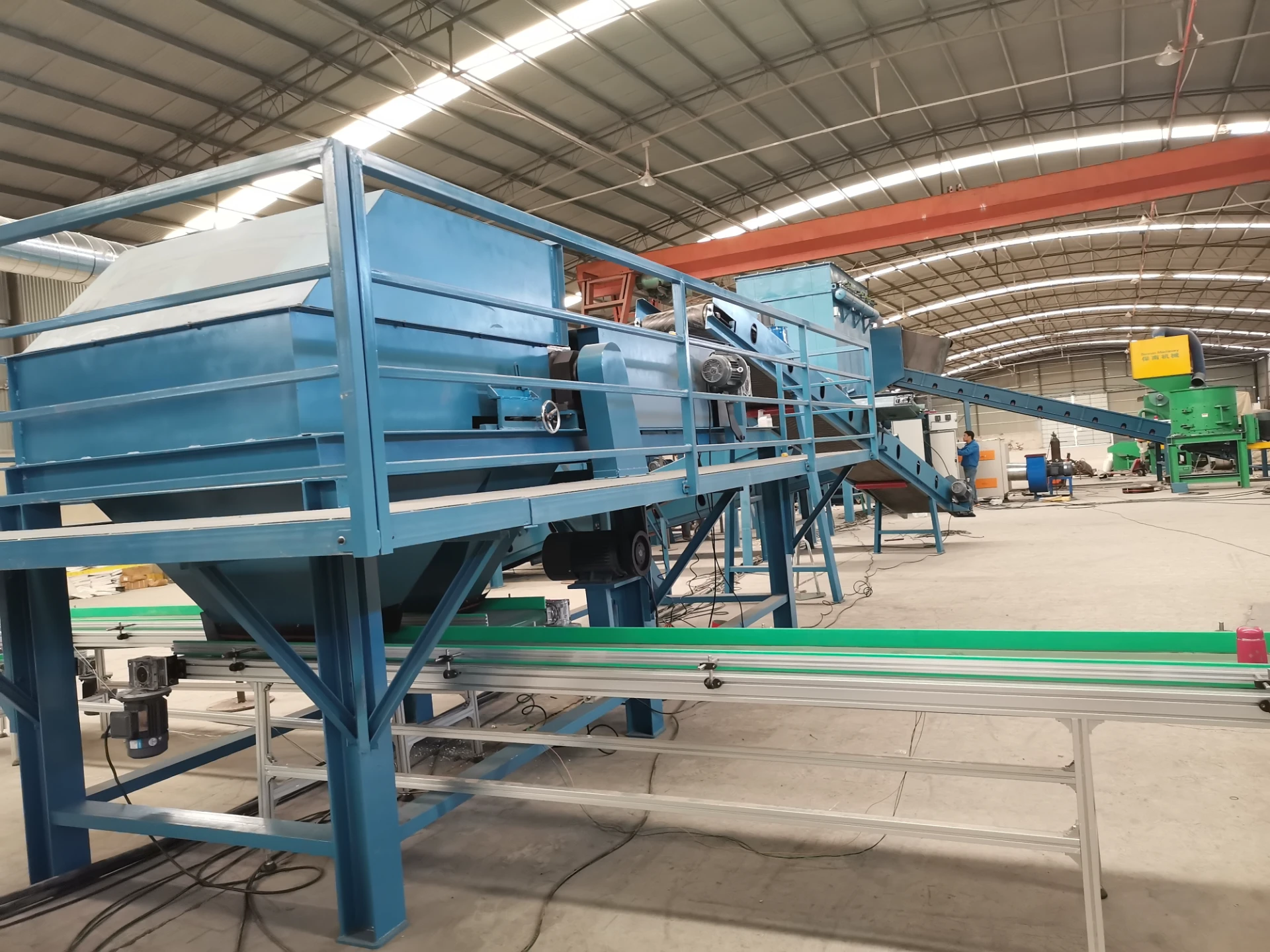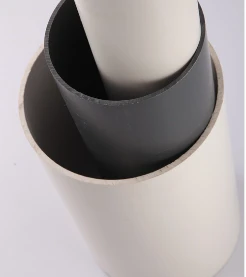Industrial trash shredders play a pivotal role in modern waste management. As companies and municipalities strive to meet sustainability goals and regulatory requirements, these machines offer effective solutions for reducing waste volume and facilitating recycling processes.

Industrial trash shredders are heavy-duty machines designed to handle various materials, ranging from metals and plastics to paper and wood. By breaking down these materials into smaller pieces, shredders make it easier to transport, sort, and recycle waste. Beyond their primary function of size reduction, these machines significantly enhance recycling efficiency, reduce landfill use, and ultimately contribute to environmental conservation.
The design and functionality of industrial trash shredders cater to a diverse array of industrial needs. There are several types of shredders, each optimized for specific materials and applications. Granulators, single, double, and four-shaft shredders are among the most common, each varying in size and capacity to suit specific shredding tasks. Choosing the right type depends heavily on the material to be shredded and the desired output size. For instance, single-shaft shredders with inbuilt screens are ideal for producing consistent particle sizes, whereas double-shaft shredders are excellent for handling high volumes of bulk, mixed, or contaminated materials.

Operational efficiency is a key factor in the selection of an industrial shredder. Advanced models come equipped with smart technology features such as embedded sensors and automated processing options. These enhancements allow for real-time monitoring and adjustments, leading to reduced downtime and increased throughput. Users can track the performance metrics remotely, improving the overall management and effectiveness of waste processing operations.
For companies considering the investment in an industrial trash shredder, evaluating the machine's output capacity is crucial. Shredders range from relatively compact machines for small-scale operations to massive systems capable of processing several tons of waste per hour. Understanding the volume of waste to be processed is necessary for determining appropriate shredder capacity, ensuring that operational demands are met without over-investing in superfluous capabilities.
industrial trash shredder
Safety is another paramount consideration when integrating shredders into waste management systems. Modern industrial shredders are equipped with various safety features to protect operators and the machine. Features such as emergency stop buttons, protective guards, and automated shutdown systems in the case of overload help minimize operational hazards. Moreover, routine maintenance and adherence to occupational safety guidelines further bolster workplace safety, reliability, and shredder longevity.
When sourcing an industrial trash shredder, working with reputable manufacturers or distributors is advisable to guarantee reliability and support. Established companies often provide robust technical support, warranty services, and training for operators. Having a partner who understands the machinery's technical aspects can significantly enhance deployment and ensure smooth operation over the machine's lifespan.
Another critical aspect of owning an industrial trash shredder is aligning its operation with environmental regulations. Compliance with industry standards not only ensures legal adherence but also enhances a company's reputation as a responsible environmental steward. Manufacturers can assist with ensuring that the shredder meets the necessary regulatory requirements and advise on best practices for sustainable waste management.
In conclusion, industrial trash shredders are an invaluable asset to any business or municipality looking to enhance its waste management systems. Their ability to efficiently reduce waste volume and facilitate recycling can lead to significant operational and environmental benefits. With careful consideration of the operational requirements, material type, safety measures, and regulatory compliance, industrial shredders can be effectively integrated into waste management strategies, driving both economic and environmental gains.
Investing in an industrial trash shredder underscores a commitment to innovation and sustainability — reshaping how industries view waste and ensuring a cleaner, more responsible future. As global awareness around environmental conservation grows, these machines exemplify how technology can drive positive change in waste management practices.



